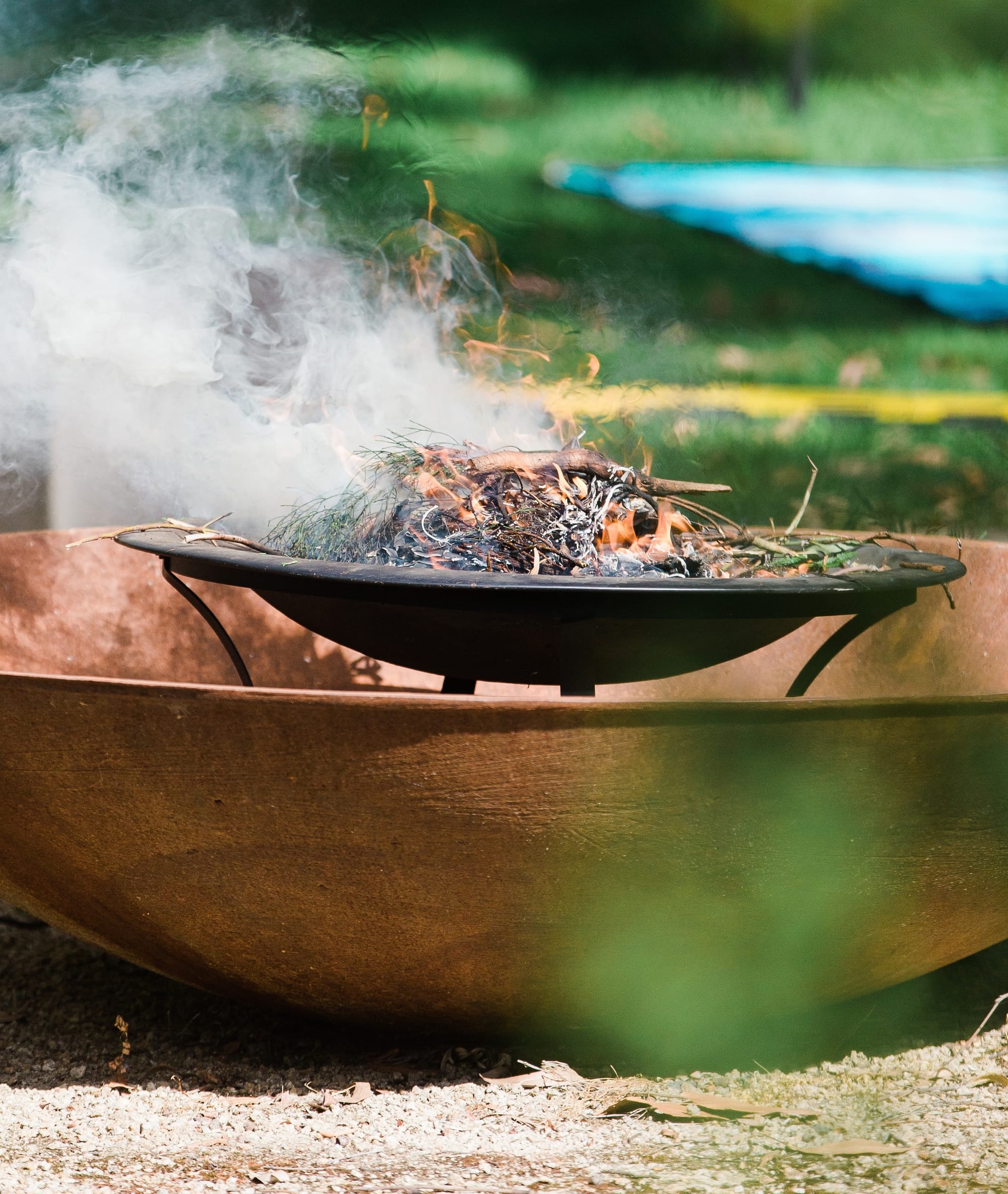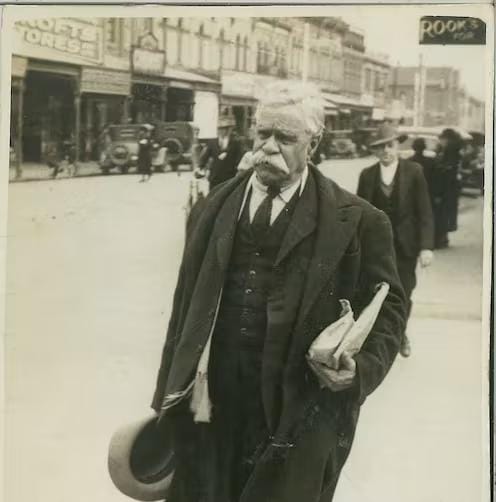
In a landmark moment for Victoria and the nation, state parliament last week passed the long-awaited Treaty legislation – not only a decisive step towards formal recognition and renewed partnership between the state and First Peoples, but also in the ongoing story of Australia’s democracy.
The legislation establishes three public institutions in Victoria under a new authority called Gellung Warl. These include:
- The First People's Assembly – to make representations to parliament and to represent First Nations Peoples in Treaty negotiations.
- Nginma Ngainga Wara – to monitor government policies and make recommendations to the First People’s Assembly.
- Nyerna Yoorrook Telkuna – to act as a truth-telling body.
#Australia’s first formal treaty with #IndigenousPeoples, passed in Victoria state, is step toward self-determination, justice & equality.
— UN Human Rights (@UNHumanRights) November 3, 2025
We hope this inspires other leaders to adopt similar measures to promote a society built on mutual respect & human rights for all.
➡️… pic.twitter.com/Y5bQ3Z7wdj
For many, the passing of the Treaty is more than a political milestone; it’s a moment of reflection and hope, an opportunity to celebrate and share more than 60,000 years of living culture.
Leading Monash University’s Treaty readiness work, Yorta Yorta and Boonwurrung man and the Executive Director of External Community Engagement and Impact, Jamil Tye, alongside Professor Melissa Castan, Director of the Castan Centre for Human Rights Law, are at the forefront of ensuring that this moment is not only understood, but meaningfully engaged with.
“This Treaty establishes a carefully designed and unique public law institution in Australia,” says Professor Castan. “It’s a further step in proper legal relations between Victoria and the First Peoples, respecting Anglo-Australian constitutional principles and Indigenous self-determination.”
The Treaty represents a generational opportunity, one that honours the tireless advocacy of leaders who came before: Uncle William Cooper, Pastor Sir Doug Nicholls, Aunty Geraldine Briggs, Aunty Marg Tucker, and Shadrach James, Jamil Tye’s great-grandfather.

These remarkable Yorta Yorta figures fought for rights and representation in an era when Aboriginal people were denied even basic human recognition.
In the 1930s, Uncle William Cooper circulated a national petition calling on the government to improve conditions for Aboriginal people and to legislate for Aboriginal representation in parliament. Years later, Uncle Doug Nicholls would remind the nation that harmony requires unity:
“To get a tune out of a piano you can play the black notes, and you can play the white notes. But to get harmony you need both.”
For Jamil Tye, this week’s passage is deeply personal – a continuation of that legacy.
“We welcome the Treaty. I’m proud of this milestone and thankful for the collective efforts of the First Peoples Assembly and those who have supported the process,” he says. “But it’s not long until misinformation and disinformation are circulated to plague this opportunity, as has happened each time we make progress – from Native Title to the Voice to Parliament in 2023.”
Indeed, during the 2023 Voice referendum, research found that two in three who voted “No” did so believing it would “divide the nation”.
Tye sees the Treaty as an opportunity to dispel those myths and strengthen relationships.
“We need to ensure people are well-informed and embrace Treaty instead of being hesitant or reluctant. Moments like this build on our shared history and can be a source of collective pride – something we can look back on fondly, as we do the 1967 referendum.”
For Victoria’s First Peoples, who make up 1% of the state’s population, or about 66,000 people, the hope is that Treaty will also serve as a platform for change.
Aboriginal Victorians continue to experience poorer health outcomes, lower education attainment, and overrepresentation in out-of-home care.
“It’s my hope that Treaty will give us the opportunity and power to shape the policies and services that affect our lives, helping to reduce these inequalities,” says Tye.
As misinformation threatens to cloud public understanding, both Melissa Castan and Jamil Tye stress the responsibility of institutions, particularly universities, to lead informed dialogue and create spaces for truth-telling.
The Treaty’s passage invites every Victorian to consider their role in shaping what comes next.
“The Treaty is a way forward,” says Tye. “We encourage everyone to think about how they will meaningfully engage with this country’s first state Treaty. How do you want to look back on this moment – as a shared opportunity or a missed one?”





